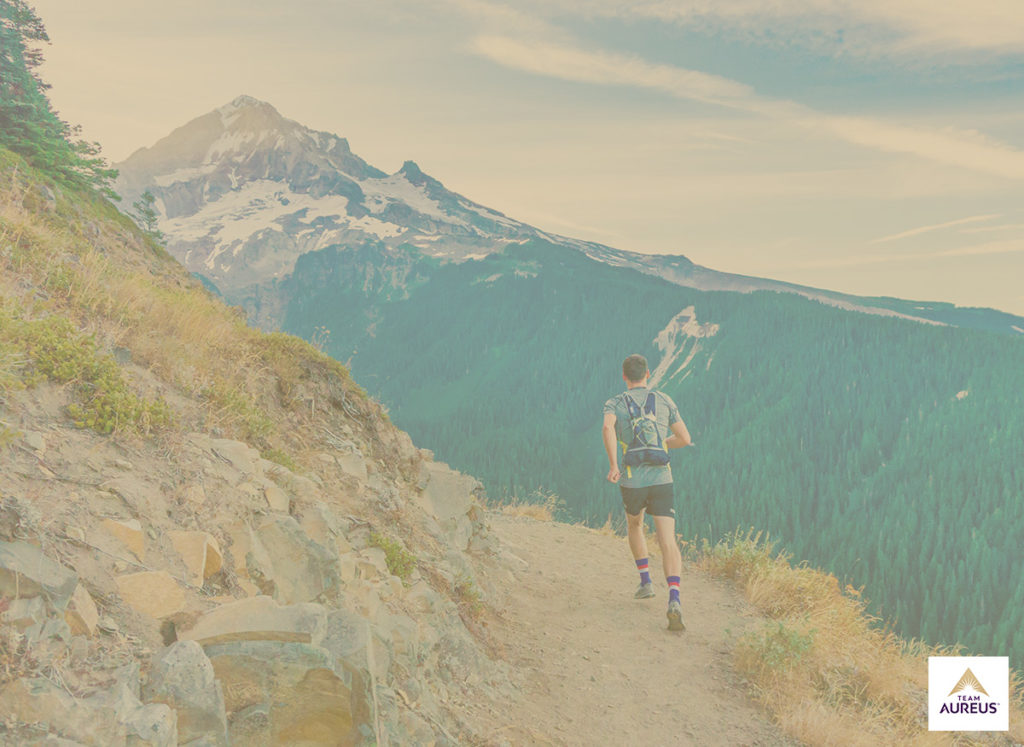Are You Low On the Resilience Gene?

Life is never perfect, so overcoming challenges often becomes necessary both for basic survival and to achieve our biggest goals. That’s where resilience comes into play.
When we think about resilience, images of grit, strength, toughness, and perseverance often come to mind.
This resistant aspect of resilience seems to get most of the attention. With that said, another essential element of resilience is flexibility, adaptability, and recoverability. We can imagine resilience as having the characteristics of water:
Water is fluid, soft, and yielding. But water will wear away rock which is rigid and cannot yield. As a rule, whatever is fluid, soft, and yielding will overcome whatever is rigid and hard. This is another paradox: what is soft is strong.”
-Lao Tzu
How do some people consistently conquer challenges, but other people tend falter when the going gets tough? For example, how does someone like Toni Harris overcome child abuse and ovarian cancer to become the first female “position player” offered a college football scholarship? Toni’s story, featured in Toyota’s Super Bowl advertisement, resonates with both strength and recoverability.
While most of us will never play college football, we undoubtedly all aspire to rise above our current state and achieve a personal or professional goal. Then, what can we learn from our own experiences as well as stories of resilience like Toni’s, or Allison Levine, who climbed Mt. Everest? And what does the research tell us about resilience that can help us along the way?
First and foremost, resilience is a skill that can be developed over time.
This is great news for those of us who might have been born low on the resilience gene!
Tips on Developing Resilience:
- Adopt an internal locus of control and then focus on what you can control.
- Expect the best, but be prepared for the worst.
- Reframe your perception of an event from “traumatic” to “an opportunity to learn.”
- Clarify, and then pursue, what’s most important to you
- Develop a solid support system (especially important for kids).
- Instead of focusing on problems, focus on solutions.
Whether we select our own mountains to climb or are impacted by factors outside our control, we can choose at least one tip on developing resilience and integrate it into our life. Similar to building physical skills, we can practice resilience and improve our ability to be both strong and flexible.
